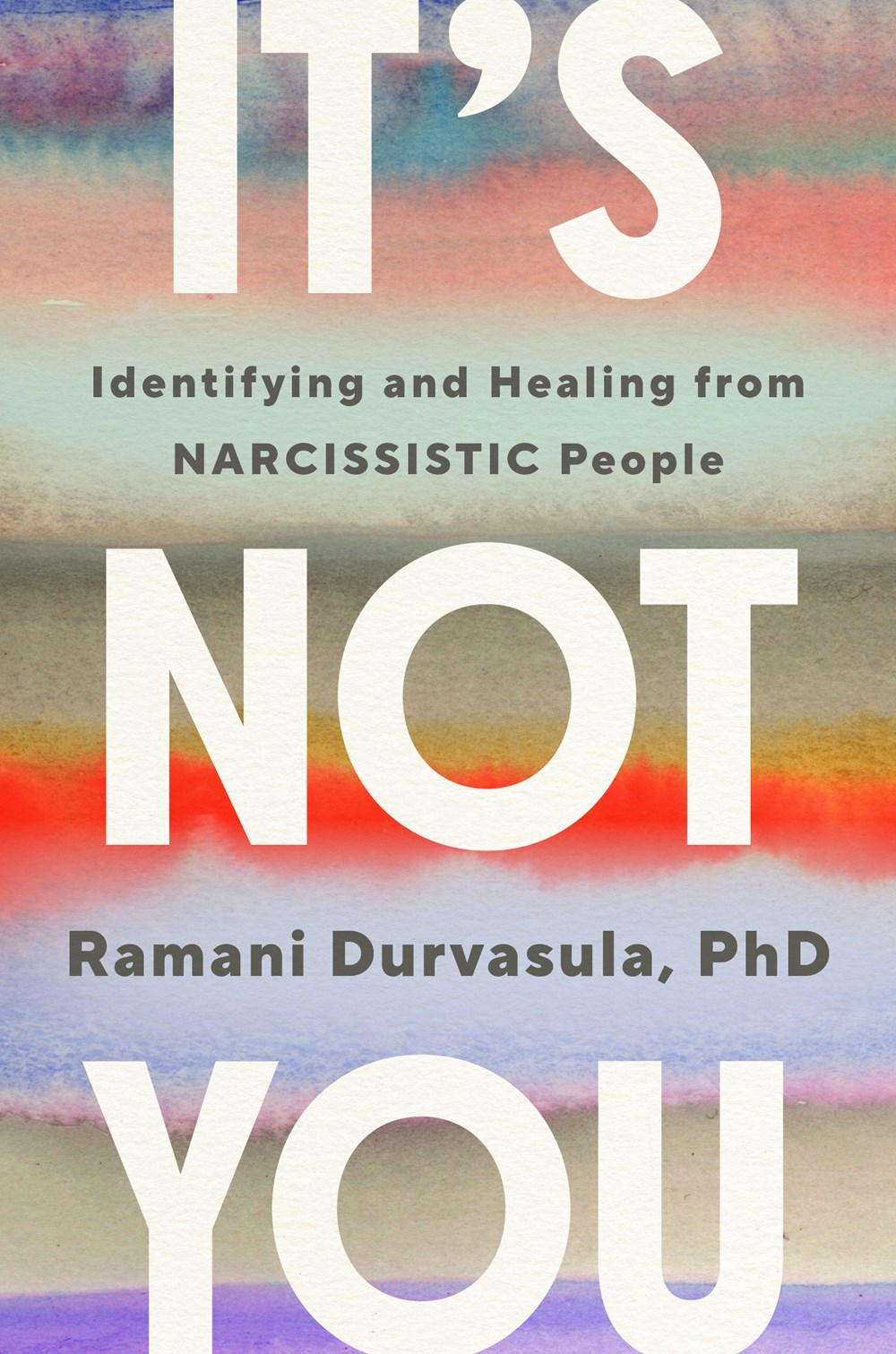Vincent Tijms reviewed It's Not You by Ramani Durvasula
Review of "It's Not You" on 'Goodreads'
4 stars
The great thing about It's Not You is that it manages to pull off two very difficult, even problematic things. First, it's a self-help book about a psychologically heavy topic. Replacing a therapist by a book is risky, as it cannot create the dynamics that therapist and client have and while it might be the best option for those who have no access to therapy, it can keep away others from more sensitive, tailor-suited help.
Secondly, that aforementioned heavy topic is recovery from abuse by people with narcissistic personality disorder (NPD) and adjacent behaviours. As rare as this diagnosis is in clinical practice (there's even been an effort to remove it from the DSM entirely), it has become a very popular label in online spaces, leading to both increased awareness and misuse of the construct.
There's therefore a lot that could have gone wrong with this self-help book on dealing …
The great thing about It's Not You is that it manages to pull off two very difficult, even problematic things. First, it's a self-help book about a psychologically heavy topic. Replacing a therapist by a book is risky, as it cannot create the dynamics that therapist and client have and while it might be the best option for those who have no access to therapy, it can keep away others from more sensitive, tailor-suited help.
Secondly, that aforementioned heavy topic is recovery from abuse by people with narcissistic personality disorder (NPD) and adjacent behaviours. As rare as this diagnosis is in clinical practice (there's even been an effort to remove it from the DSM entirely), it has become a very popular label in online spaces, leading to both increased awareness and misuse of the construct.
There's therefore a lot that could have gone wrong with this self-help book on dealing with NPD, but it didn't. The expertise of Durvasula shines through in its illustrative case studies and clear categorisations, but mostly the book benefits from the fact that it's about the people who suffered the abuse. This means that any point about whether the narcissistic label is correct or not is moot. If you're trying to recover from emotional abuse, if your sense of self has been broken down by rage fits, gaslighting, persistent criticism and other manipulative tactics, it doesn't really matter whether NPD is a valid diagnostic construct and how it applies to your particular abuser. What's important is how to deal with the psychological fallout of such abuse.
Durvasula shows that there's clear patterns to recovery from such abuse. The main point she drives home is the title of the book: if you experienced narcissistic abuse you tend to blame yourself (but it's not you) and you tend to identify with the person you've become during the abuse (but it's not you). The way out is to change these beliefs, which is a difficult and slow process. The best way to do it is to fully remove the abuser from your life, but Durvasula recognises this is not always possible and that some people will need to balance their own recovery with coping strategies to handle the close vicinity of those who abused them.
What I found especially interesting is that Durvasula does not address belief change as some sort of cognitive behavioural therapy. She rather emphasises the key role of emotions in processing the abuse and finding a proper sense of self. While I am personally not on board with talk about "authentic selves", the argument that maladaptive thought patterns are best broken down by prioritising feelings and impulses is convincing (and interesting in its own right, outside of the scope of this book). The book contains several exercises that target both cognitive and emotional processes and that are geared towards defining oneself outside of the abusive relationship.
My only issue with the book is that while Durvasula obviously embraces a relational approach to psychology, leaving behind the individualism that plagued clinical psychology, here she still tends to reduce these relations to single, dyadic ones in her proposal of radical acceptance. That proposal in itself is fine - you will need to accept that an abuser will not change, since not accepting that is what actually gives more openings to the abuse - but it skips over the complexity of real, systemic relations. Especially in the case of NPD or high trait narcissism, the abuser is likely embedded in the victim's social or even familial network and might even be considered a kind, charismatic figure there. This means that protecting yourself against such a person is not enough-- either because the abuser starts targeting loved ones as new victims, or starts using them as tools for further abuse. Durvasula knows this all too well and has addressed it elsewhere, but in It's Not You these systemic difficulties are not given a lot of attention, although they are likely to interfere with advice such as reclaiming an identity and finding belonging.
That criticism aside, this is a great book for anyone interested in recovery from destructive emotional abuse, or who is struggling with the self-blame and identity crisis that can follow prolonged abuse.

